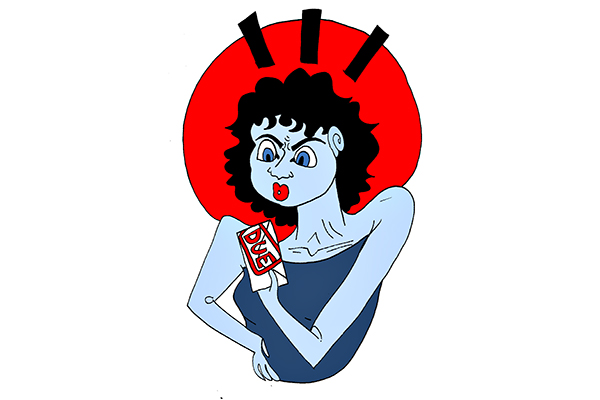Despite early momentum and bipartisan support, two bills to eliminate red light cameras have seen a slowdown this week after being left pending in committee.
Companion bills House Bill 1631 by state Rep. Jonathan Stickland, R-Bedford, and Senate Bill 653 by state Sen. Bob Hall, R-Edgewood, both attempt to outlaw traffic cameras. Austin currently has 10 red light cameras, and drivers found running red lights on the cameras are sent a $75 fine.
“It turns our system upside down because instead of the onus being on the government to prove you guilty, you have to prove your innocence,” Hall said. “Red light cameras take … a photograph of the license plate and then assume that the owner of the vehicle was the driver. The owner is forced to spend time and money to prove that they were not the person if that happens to be the case.”
Bills were filed to remove the cameras in 2015 and 2017. Stickland’s bill gained much bipartisan support, with more than 100 House members signing on. However, Rep. Terry Canales, D-Edinburg, withdrew his support after the House Transportation Committee hearing. Canales’ office did not respond to a request for comment.
Law enforcement officials and city officials testified against HB 1631 on March 26, including Austin Police Department Sgt. Michael Barger.
“We’ve had an 11% increase in population in Austin since 2013,” Barger said. “You would assume that our percentage of crashes would jump in the same manner … but we’ve seen a 3% increase in crashes throughout the city and a 12% decrease in crashes at red light cameras. I think that speaks mountains for the program being effective.”
Those opposing the bill also expressed concern about the loss of revenue from red light cameras. The Legislative Budget Board outlined that, if the bill passed with immediate effect, hospital trauma centers, which receive funding from red light ticket revenue, would lose more than $28 million.
“I don’t think the government should be in the business of funding private organizations (such as) trauma centers,” Hall said. “But there are other funds that could be made available for that amount of money if it was deemed absolutely necessary that we need to continue propping up a private organization.”
Julia Montgomery, international relations and global studies and government freshman, received a red light camera fine in the mail in February at the
intersection of I-35 and MLK Boulevard and paid the $75, but later regretted it once she heard about the legislation.
“I ran a yellow light and it changed before I was able to get through,” Montgomery said. “I don’t think running a yellow light should be ticketed, but (the cameras) do keep people from driving recklessly.”
Hall’s legislative director Kathi Seay said Thursday they believe the bill will be voted out of committee at a later date.




















